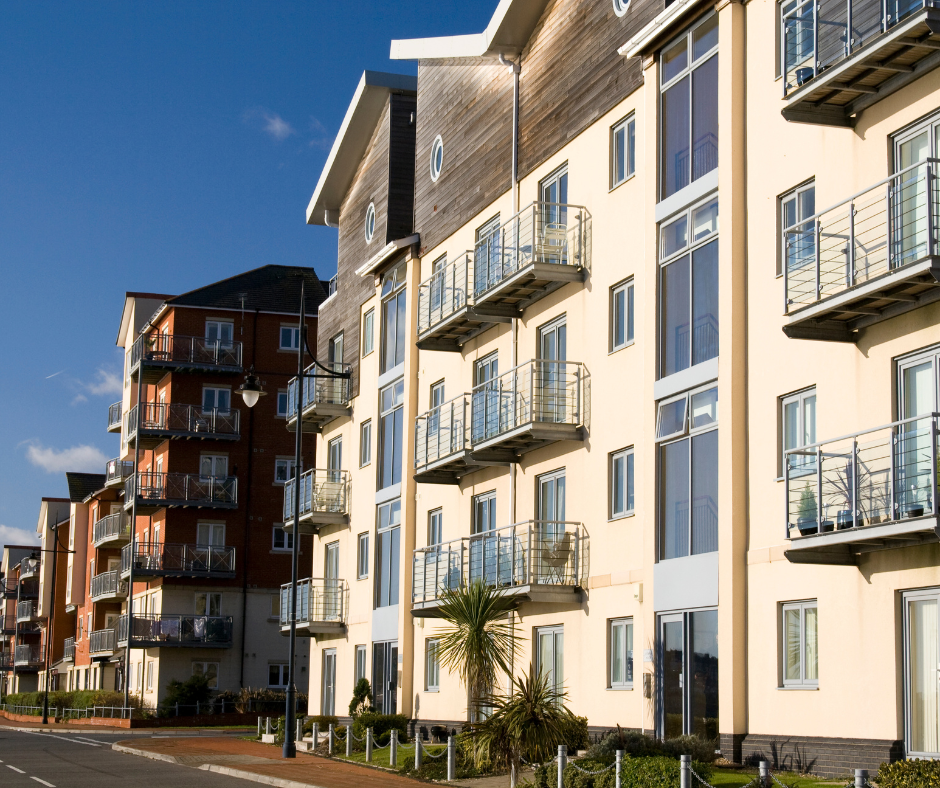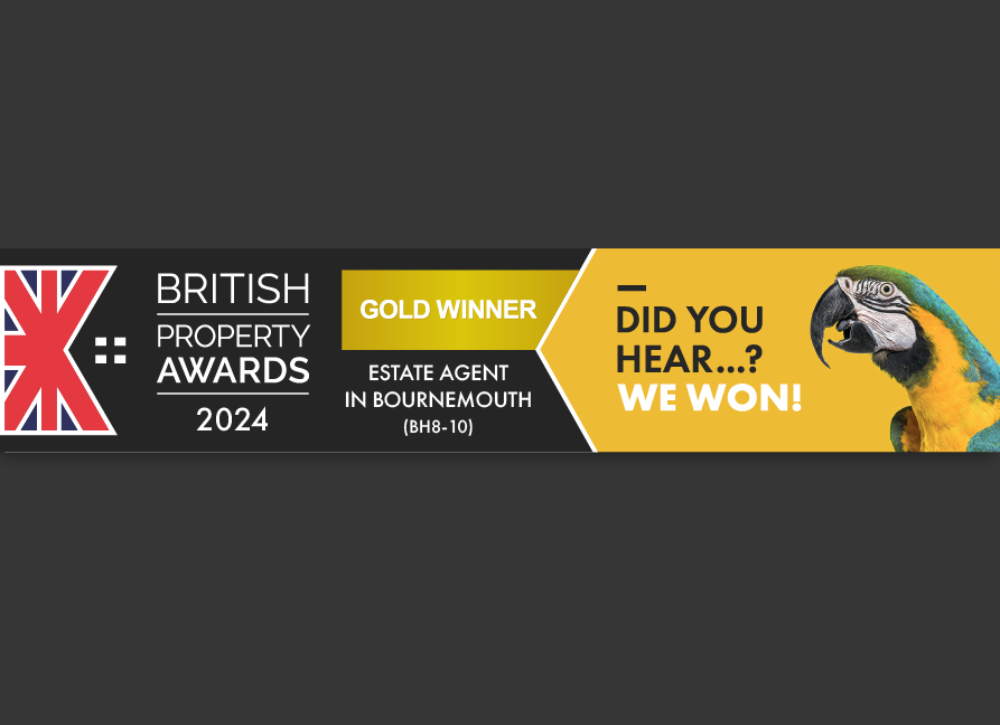What is Block Management? A Complete Guide for Landlords and Leaseholders

If you’ve every wondered what block management is, the answer is simpler than it sounds. It refers to the day-to-day management and maintenance of residential buildings that contain multiple flats or units. In other words, it’s the work involved in looking after the shared areas such as hallways, staircases, lifts, gardens, roofs, and car parks to keep them clean, safe, and compliant.
For landlords, leaseholders and residents, good block management protects the value of the building, ensures legal responsibilities are met and helps everyone enjoy a well-maintained place to live.
In places like Bournemouth and Poole, where many buildings are divided into apartments, block management plays a crucial role in preserving property standards and community wellbeing. Coastal weather can be tough on roofs, walls and communal areas, so regular checks and planned maintenance are key to avoiding unexpected costs.
What Does a Block Management Company Do?
A professional block management company takes care of the everyday operations of a residential block, ensuring the building remains in good condition and meets all legal requirements.
Typical responsibilities include:
• Maintenance and repairs – organising cleaning, gardening, and inspections of shared areas.
• Financial management – collecting service charges, managing budgets, arranging insurance and providing transparent financial reports.
• Health and safety compliance – completing fire safety checks, risk assessments, and other legal obligations.
• Contractor coordination – managing trusted trades for planned works and emergencies.
• Resident communication – keeping leaseholders informed about maintenance schedules, costs, and upcoming projects.
In short, a block manager ensures that every part of the building, not just individual flats, is properly looked after. Without this oversight, it becomes easy for shared areas to fall into disrepair, which can negatively impact property values.
Key Benefits of Professional Block Management
Working with a professional block management company offers a wide range of advantages that go beyond basic maintenance.
Expert Knowledge and Compliance
Managing a residential block requires an understanding of legal obligations, financial management and health and safety regulations.
Improved health and safety
A proactive approach means essential checks such as fire risk assessments and electrical safety inspections are handled on time, protecting both residents and property owners. In older or coastal properties, this is especially important to prevent deterioration or safety hazards caused by damp and corrosion.
Cost efficiency and transparency
Planned maintenance prevents small issues from becoming expensive emergencies. Clear financial reporting also helps leaseholders understand where their service charges are going. Regular budgeting ensures future repairs can be funded without unexpected additional costs.
Better resident experience
When communal areas are tidy, repairs happen quickly and finances are transparent, the building becomes a more enjoyable place to live. This often improves property values and builds a stronger sense of community.
Long-term property value
Consistent maintenance not only prevents deterioration but also enhances resale value. Buyers and tenants are drawn to buildings that appear well-managed and professionally run, knowing that communal areas will be cared for and service charges used responsibly.
Block Management vs Property Management – What’s The Difference?
Although often used interchangeably, block management and property management refer to very different services.
Block management focuses on the communal areas and structure of a building containing multiple flats or units. This includes everything from stairwells and lifts to roofs, gardens and car parks. A block manager is responsible for maintaining these shared elements, arranging repairs, managing service charges and ensuring legal compliance.
Property management, on the other hand, deals with the management of individual flats or houses within that block or development. A property manager typically handles rent collection, tenancy agreements and internal maintenance for each home.
To put it simply, block management looks after the building, while property management looks after the homes inside it.
For example, if the roof leaks, the block management company would arrange for the repairs, as the roof is part of the communal structure. If a tenant had a problem with a boiler inside their flat, that would fall under the responsibility of the property manager.
Why Choose Roberts for Block Management?
At Roberts, we understand that your property is more than just a building. It is both an asset and a home. With over 30 years of experience across Bournemouth and Poole in Dorset, we provide a proactive and transparent approach that property owners can rely on.
Our experienced team collaborates closely with landlords, leaseholders, and residents to create a smooth, efficient management process that delivers real results.
Our service includes:
• Planned maintenance schedules and inspections
• Fully managed health and safety compliance
• Trusted local contractors for responsive repairs
• Clear communication and dedicated support
We do not just respond to issues, we anticipate them. That means fewer unexpected costs, a better living environment, and a property that retains its long-term value.
To discuss your development or request a management proposal, contact us today or visit our Block Management page to find out more about our services.

